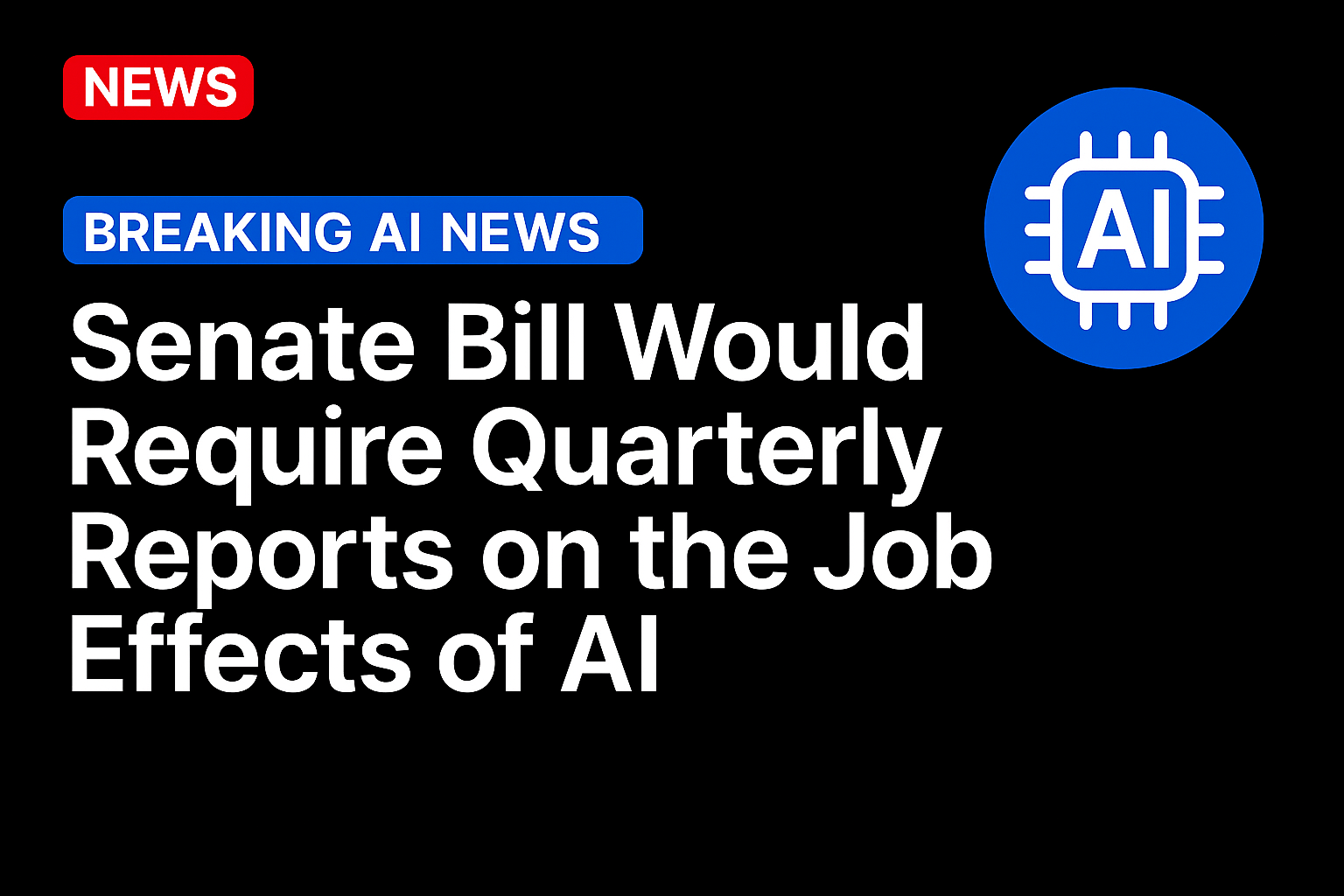Both companies stand to gain from AI’s rise, but one is positioned to capture a larger market.
As artificial intelligence (AI) continues to revolutionize industries worldwide, companies at the forefront of AI development and application are experiencing rapid growth. Two prominent names in this space are Palantir Technologies and Microsoft, each taking a unique approach to AI but competing for dominance in the fast-growing market. Both companies stand to gain from the ongoing AI boom, but they differ in their strategic focus, scalability, and overall market potential. The question for investors: Which stock presents the better AI growth opportunity?
Palantir: A Niche Player with High Growth Potential
Palantir Technologies (PLTR) has long been known for its deep expertise in big data analytics, providing tools for government and commercial clients to make sense of vast amounts of information. Palantir’s AI offerings are embedded in its Foundry and Gotham platforms, which combine machine learning, AI-powered analytics, and advanced data processing. The company’s strength lies in its ability to analyze complex data sets for defense, intelligence, and large enterprises, helping organizations make real-time, data-driven decisions.
Growth Through AI Integration
Palantir has heavily integrated AI into its core product offerings, focusing on industries that require complex and secure data handling, including defense, healthcare, energy, and finance. Its Gotham platform is particularly popular with government agencies like the U.S. Department of Defense, enabling them to use AI and machine learning to enhance national security operations. Meanwhile, Foundry has gained traction in the commercial sector, where Palantir’s AI solutions help companies optimize supply chains, reduce costs, and enhance decision-making.
Palantir’s AI-driven approach has helped it carve out a niche in highly regulated sectors where data security, compliance, and real-time insights are critical. The company’s leadership in these verticals positions it well for continued growth as organizations increasingly turn to AI to manage complex challenges.
Limitations and Opportunities
While Palantir excels in its specialized market, it is still perceived as a niche player with a somewhat limited client base. Its reliance on government contracts has raised concerns about revenue diversity, and although it is expanding in the commercial sector, it faces stiff competition from larger players offering more generalized AI solutions.
However, Palantir’s targeted focus on high-value industries could continue to yield significant returns, particularly as these sectors adopt AI-driven tools at a faster pace. The company’s strong position in industries that require high levels of security, compliance, and regulatory oversight gives it an edge over broader AI platforms.
Microsoft: The AI Powerhouse with Massive Market Reach
Microsoft (MSFT), on the other hand, is a tech giant with a vast portfolio that extends far beyond AI. However, AI has become an increasingly integral part of Microsoft’s growth strategy, thanks to its Azure AI cloud platform, Cognitive Services, and AI-powered applications embedded across its business products like Microsoft 365 and Dynamics 365. Microsoft’s partnership with OpenAI has further solidified its position as a leader in AI development, providing it with access to cutting-edge AI technologies, such as GPT-4, which powers conversational agents like ChatGPT.
Tapping into a Massive Market
Microsoft’s AI strategy is broad, targeting not just enterprise customers but also small and medium-sized businesses (SMBs), individual users, and developers. The company’s AI capabilities are integrated across its entire ecosystem, from AI-driven productivity tools in Office to advanced analytics and machine learning in Azure, its cloud computing platform. This gives Microsoft the ability to scale AI adoption across industries, from manufacturing to healthcare to retail, addressing a much larger market than Palantir.
Through Azure AI, Microsoft is competing directly with other cloud giants like Amazon Web Services (AWS) and Google Cloud. Azure’s comprehensive AI services, ranging from AI-driven data insights to natural language processing (NLP) and computer vision, provide Microsoft with access to the broader enterprise cloud market, which is estimated to reach trillions of dollars in the coming years. Additionally, by embedding AI in its widely used products like Microsoft Teams, Word, and Excel, Microsoft ensures that millions of users interact with AI on a daily basis.
Competitive Edge
Microsoft’s scale and market reach give it a significant advantage in the AI race. Its extensive cloud infrastructure and partnerships with AI research firms like OpenAI provide it with cutting-edge technology and the ability to deliver AI solutions at scale. While Palantir may focus on specialized, high-value contracts, Microsoft’s AI strategy is focused on democratizing AI—bringing it to every business and user, no matter the size. This broad approach positions Microsoft to capture a massive share of the AI-driven market, across multiple sectors and geographies.
Palantir vs. Microsoft: The Investment Case
Both companies are well-positioned to benefit from the rapid adoption of AI, but they serve different markets and offer unique growth opportunities. Here’s a breakdown of the strengths and challenges for each:
Palantir’s Investment Case
- Niche Focus: Palantir’s AI solutions are deeply integrated into specialized industries such as defense, government, and highly regulated sectors. Its expertise in these areas gives it a competitive edge.
- High Growth Potential: Palantir’s ability to secure large, long-term government contracts provides a stable revenue base. As it expands into commercial sectors, its AI-driven platforms could fuel further growth.
- Challenges: Palantir’s reliance on a narrow client base and government contracts raises questions about its scalability. Competition in the commercial AI sector may limit its ability to capture a broader market.
Microsoft’s Investment Case
- Broad Market Reach: Microsoft’s AI solutions are embedded across a wide range of products and services, giving it access to a massive market, from enterprise customers to individual users.
- Cloud Dominance: With Azure AI, Microsoft is a key player in the AI cloud market, allowing it to capture significant market share as businesses increasingly adopt cloud-based AI services.
- Competitive Advantage: Microsoft’s scale, strategic partnerships, and integration of AI across its ecosystem make it a dominant force in the AI space, with unparalleled reach and resources.
- Challenges: While Microsoft’s broad market reach is a strength, its AI focus is part of a much larger portfolio, which could dilute its pure AI play compared to more specialized competitors like Palantir.
Conclusion: Which Is the Better AI Stock?
For investors looking to tap into the growth potential of AI, both Palantir and Microsoft offer strong investment cases, but their appeal depends on your investment strategy.
- If you’re seeking a specialized AI stock with a focus on high-value contracts in niche industries, Palantir may be the better option. Its leadership in secure, data-driven solutions for government and highly regulated sectors makes it an attractive play for those looking to invest in a company that’s solving complex problems with AI.
- On the other hand, if you’re looking for a company that is tapping into the full potential of the AI revolution across multiple industries, Microsoft stands out. With its massive market reach, strong cloud infrastructure, and integration of AI across its product suite, Microsoft is well-positioned to capture significant long-term growth as AI adoption accelerates globally.
Ultimately, both stocks have the potential to deliver impressive returns, but Microsoft’s scale and ability to serve a much broader market give it the edge in terms of sheer market opportunity.





